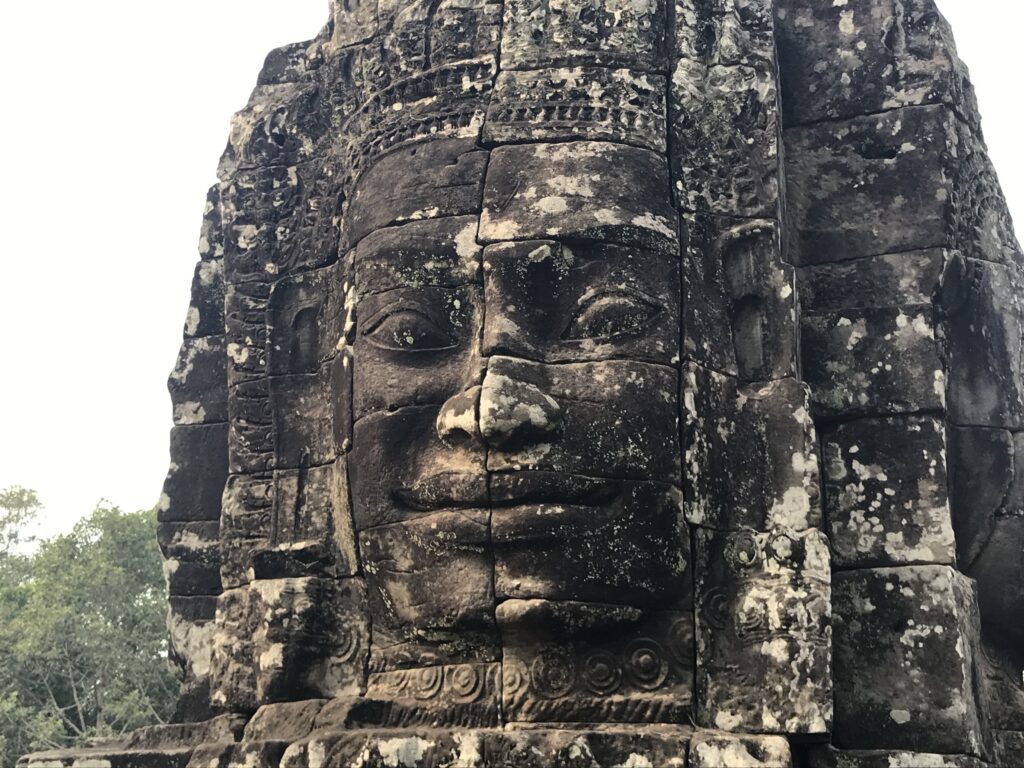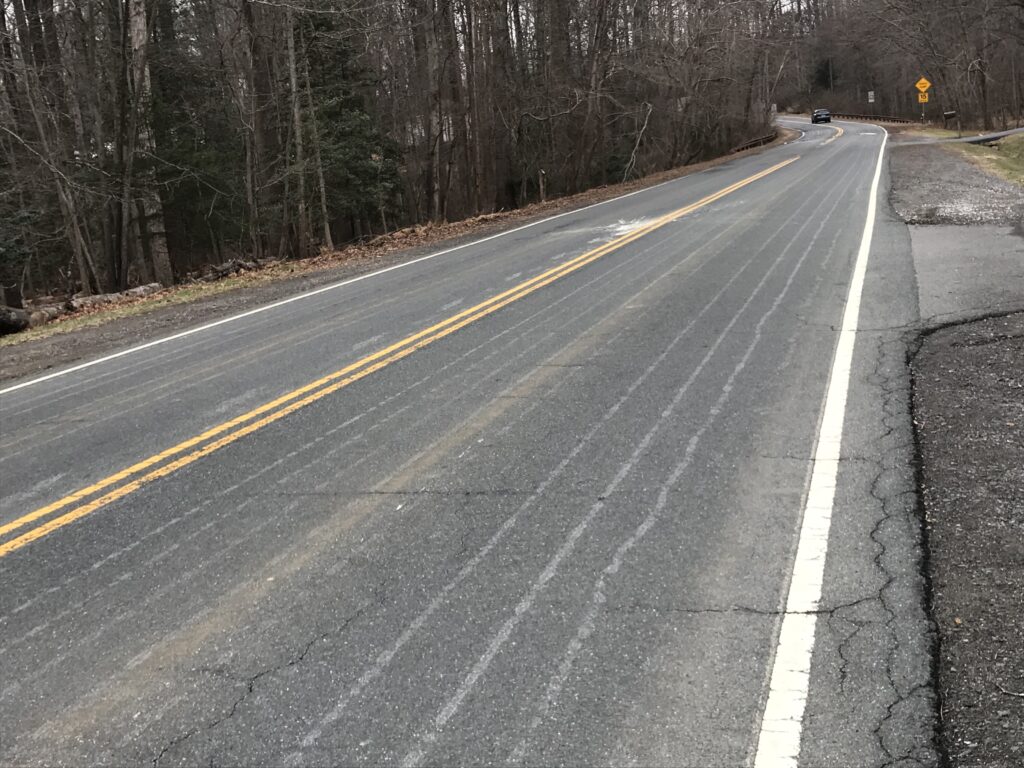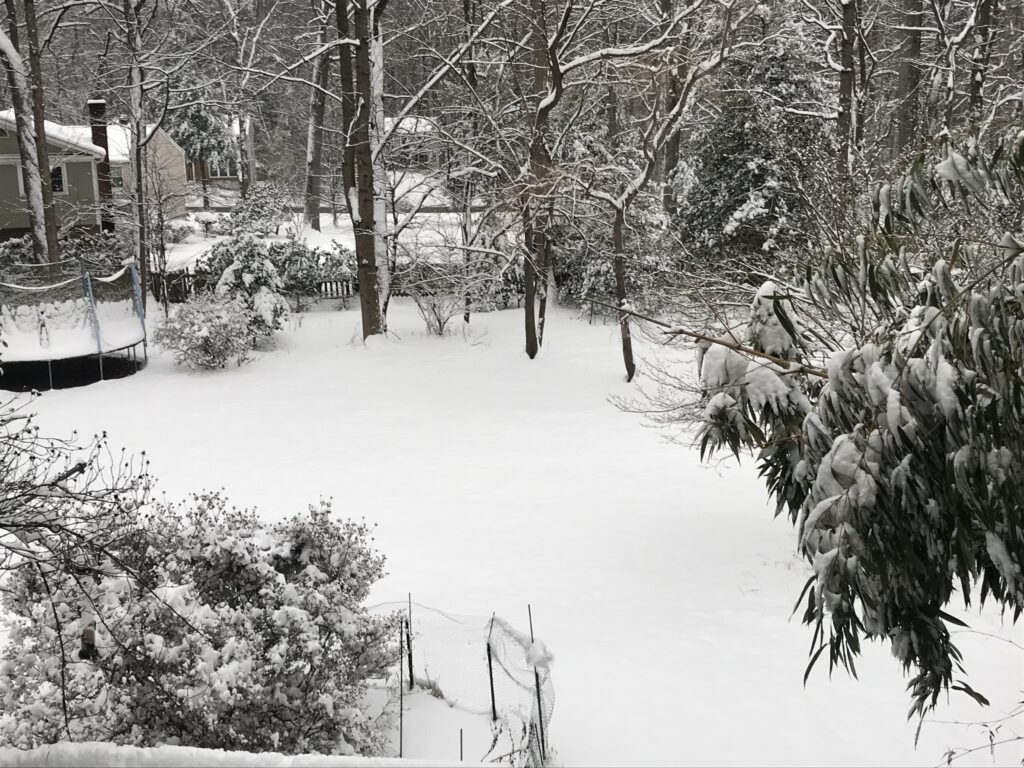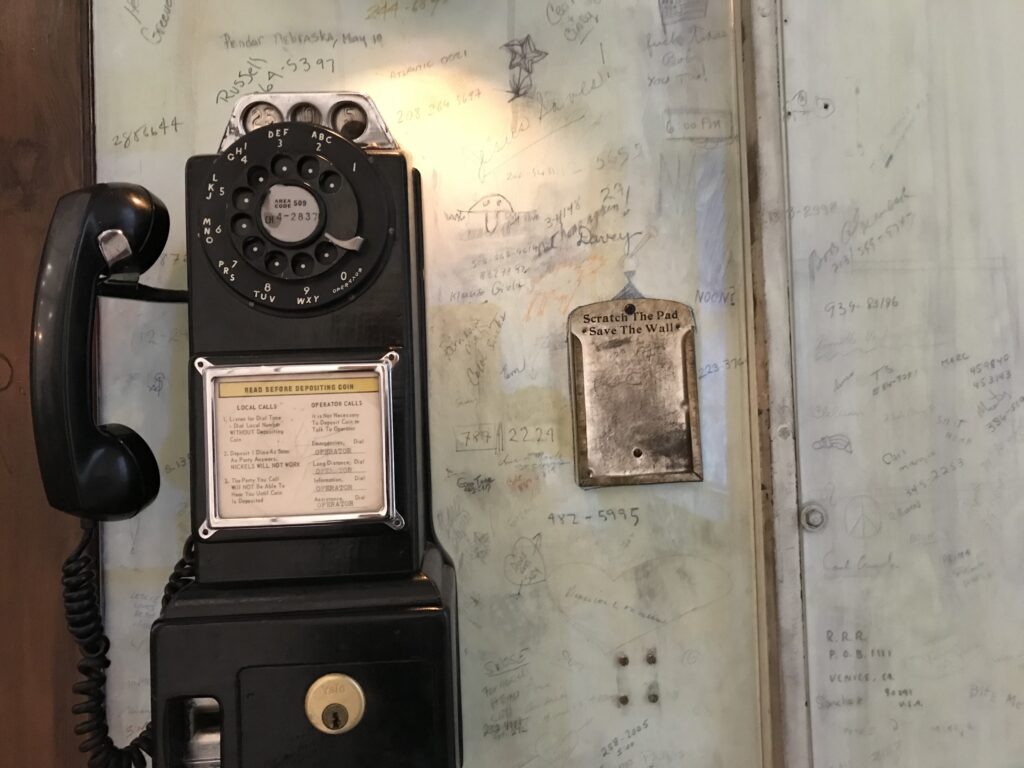One Wild and Precious Life
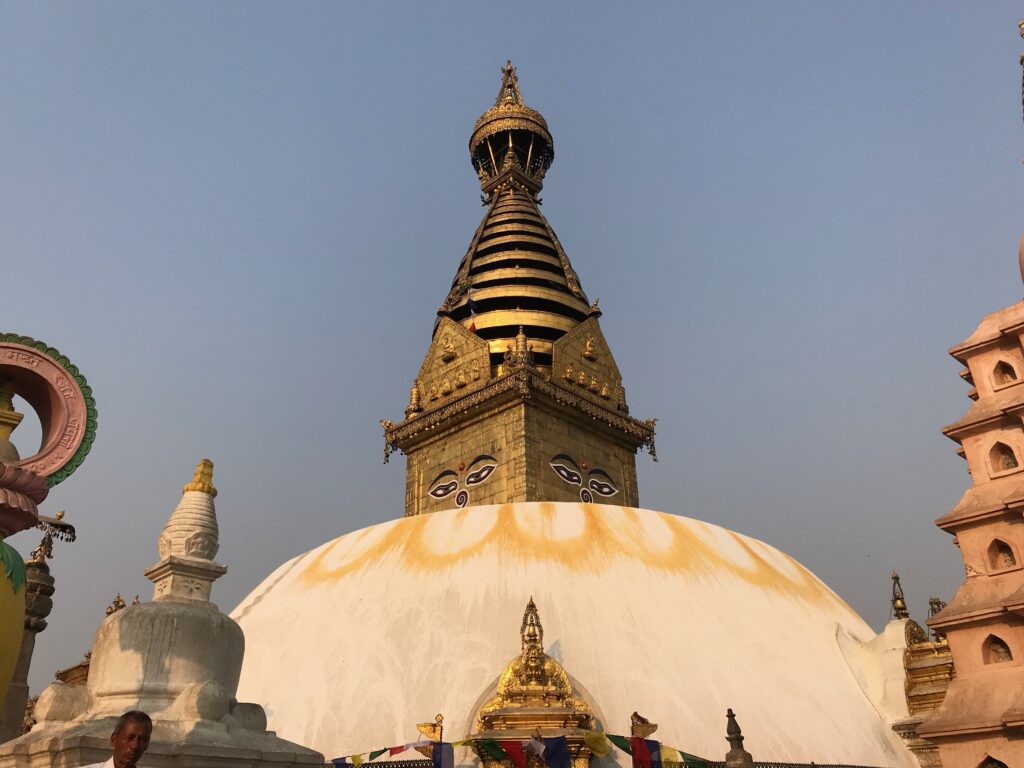
She made her home in D.C., but she was a citizen of the world. In 1946, at the age of 21, Shirley Duncan hopped on a bike and rode 11,000 miles across Australia with a friend. It took three years and also included transit in boats, on camels and on sea turtles.
The pair slept under the stars and air-dried their creek-washed clothes by stringing a line between the handlebars of their bikes. To finance their expedition they made beds, mustered cattle and served as spokespeople for Peters Ice Cream, which entitled them to free ice cream throughout their trip.
Duncan never looked back. She lived for a while in London and wrote a book called Two Wheels to Adventure. She explored Lapland, Siberia, Morocco, Malta, Turkey, Yemen, Tibet, Japan and Tahiti. She journeyed overland from Paris to Singapore, hitchhiking through the Soviet zone of Austria and lodging on a houseboat in Kashmir. She worked for Reuters in Laos and National Geographic in Africa, where she spent a week with Albert Schweitzer.
When she “settled down,” Duncan made travel her business. Her company, High Adventure Tours, took travelers to exotic destinations throughout the world. This woman had a life! And it didn’t end until a week ago, when she died of renal failure in a District hospital at the age of 99.
In her poem “The Summer Day,” Mary Oliver once famously asked the question, “Tell me, what is it you plan to do with your one wild and precious life?” For Shirley Duncan, the answer was travel.
The 2,500-year-old Swayambhunath Temple in Nepal, one of Duncan’s favorite countries.
